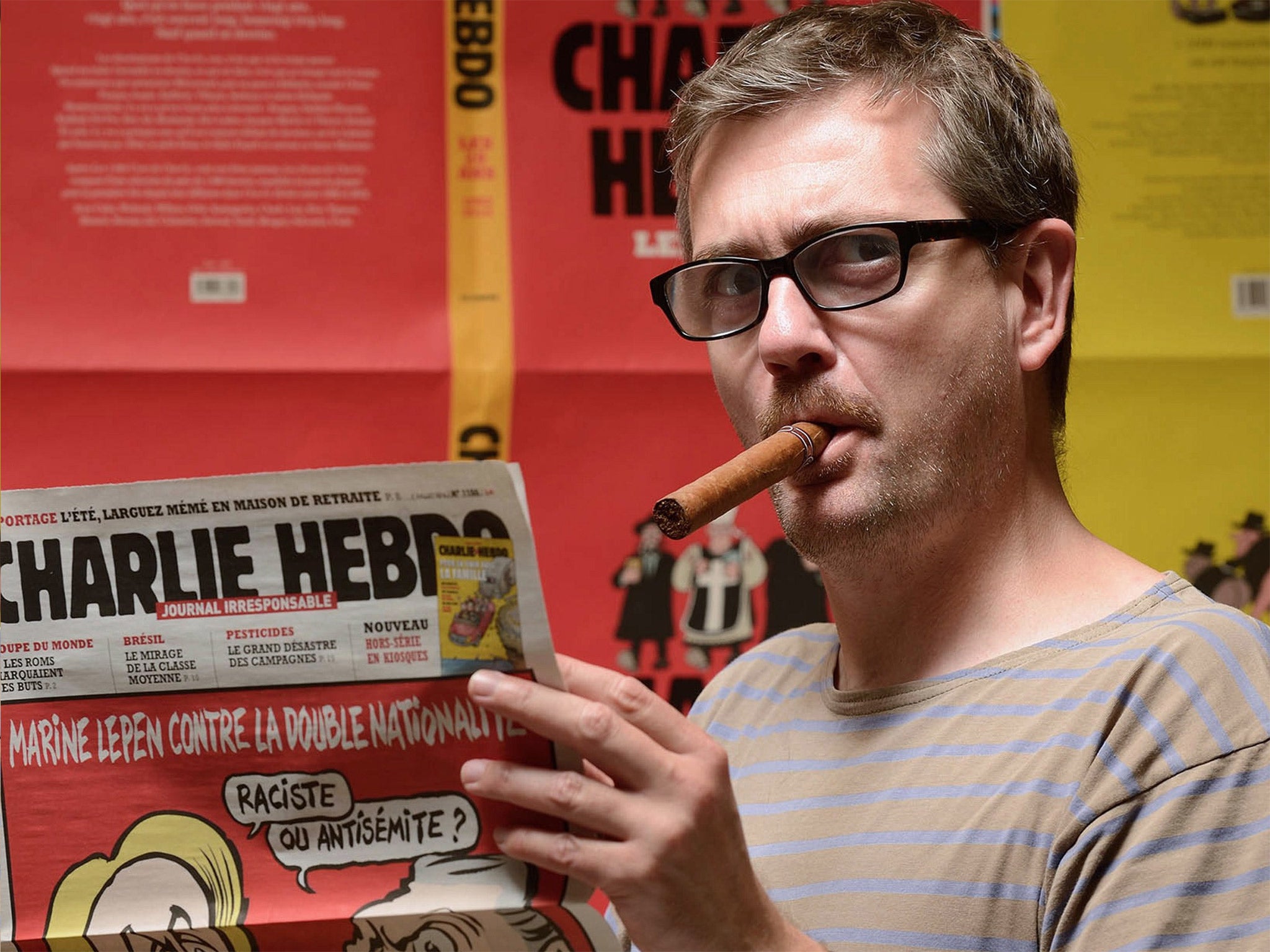Charlie Hebdo co-founder says murdered editor 'dragged' staff to death with magazine's provocative cartoons
The founder said he advised the editor to not publish Prophet cartoons

A founder of the satirical French magazine Charlie Hebdo has accused its editor, who was killed by masked gunmen last Wednesday, of “dragging the team” to death by publishing provocative cartoons of the Prophet Mohamed.
Henri Roussel, 80, who contributed to the first issue in 1970 when the magazine was known as Hara-Kiri Hebdo, had written to editor Stéphane Charbonnier – who goes by the name “Charb” – to say of the divisive drawings: “I really hold it against you.”
Referring to the editor’s decision to print a drawing of Prophet Mohamed on the front cover in 2011, Mr Roussel – who publishes under the pen name Delfeil de Ton – wrote in this week's French magazine Nouvel Obs: “What made him feel the need to drag the team into overdoing it?”, The Telegraph reported.
The cover of the magazine consisted of a drawing of Prophet Mohamed, which said “100 lashes of the whip if you don’t die laughing!” under a banner saying “Charia Hebdo” in reference to Sharia law. Soon afterwards, the magazine’s offices were burned down in a firebomb attack by arsonists who have not been identified.
Delfeil adds: “I believe that we are fools who took an unnecessary risk. That’s it. We think we are invulnerable. For years, decades even, it was a provocation and then one day the provocation turns against us.
“He shouldn’t have done it, but Charb did it again a year later, in September 2012.”
An issue a year after the firebomb attacks showed the Prophet in a wheelchair saying “You must not mock”. Another cartoon inside the magazine depicted him without clothes.
Brothers Cherif and Said Kouachi, and another man Amedy Coulibaly, were shot dead at the end of a three-day siege after they murdered a total of 17 people in Paris and they were reportedly heard shouting “we have avenged Prophet Mohamed!” A video purportedly from al-Qaeda in Yemen said it planned the attack.
However, the claims made by the magazine’s founder angered Charlie Hebdo lawyer Richard Malka, who has worked for the publication for the past 22 years.
He told Mathieu Pigasse, one of the owners of Nouvel Obs and Le Monde: “Charb has not yet even been buried and Obs finds nothing better to do that to publish a polemical and venomous piece on him.
“The other day, the editor of Nouvel Obs, Matthieu Croissandeau, couldn’t shed enough tears to say he would continue the fight. I didn’t know he meant it this way. I refuse to allow myself to be invaded by bad thoughts, but my disappointment is immense.”
Croissandeau, said: “We received this text and after a debate I decided to publish it in an edition on freedom of expression, it would have seemed to me worrisome to have censored his voice, even if it is discordant. Particularly as this is the voice of one of the pioneers of the gang.”
Join our commenting forum
Join thought-provoking conversations, follow other Independent readers and see their replies
Comments
Bookmark popover
Removed from bookmarks